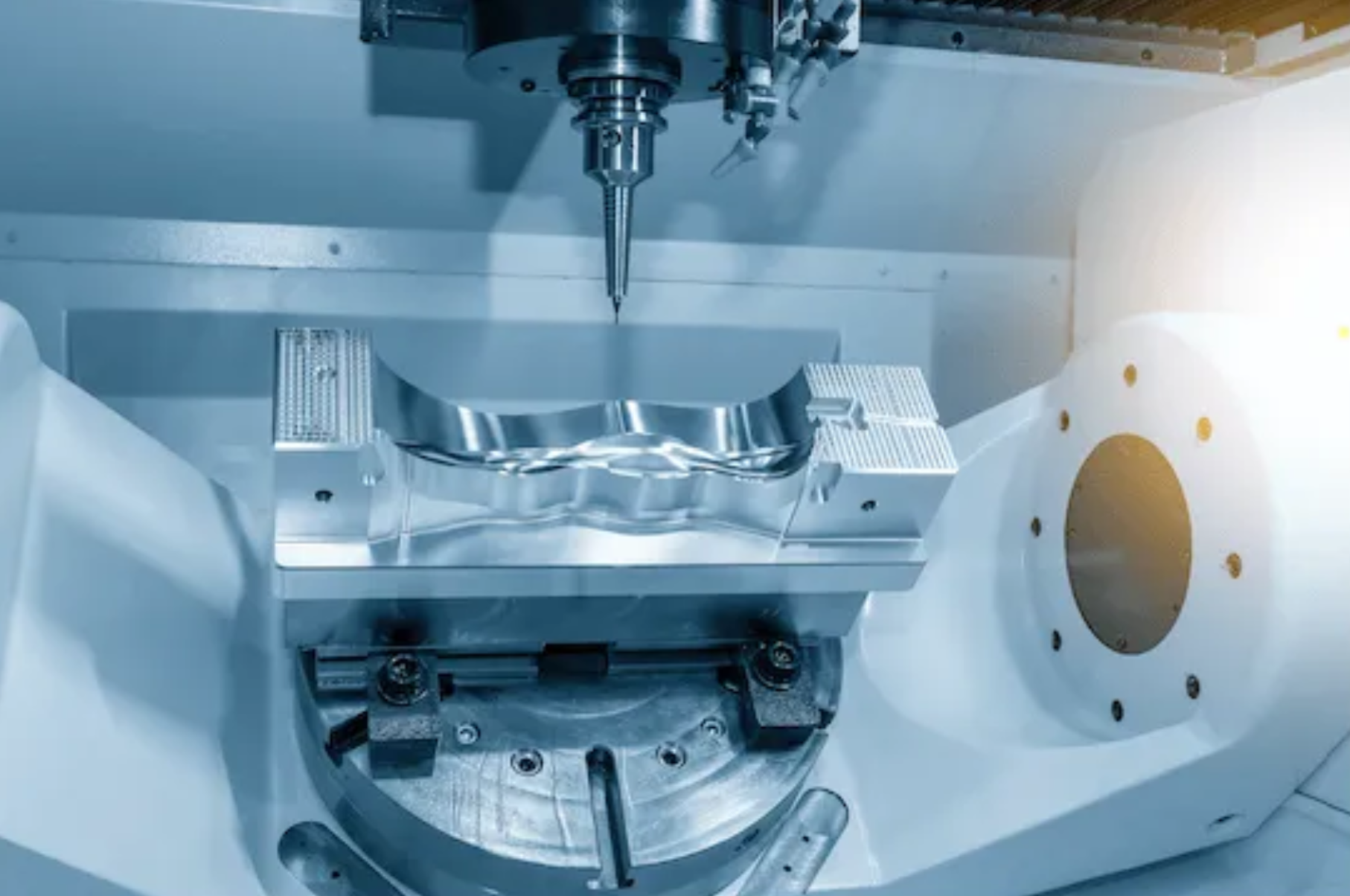How is CNC Machining Revolutionizing Automotive Part Production?
The integration of CNC (Computer Numerical Control) machining into automotive part production has brought significant advancements to the industry. CNC machining uses computer-controlled machines to produce precise and complex parts essential for modern vehicles. This article delves into how CNC machining is revolutionizing automotive part production, enhancing quality, efficiency, and innovation.
For more information, visit Kemal Manufacturing.

Precision and Accuracy
One of the primary advantages of CNC machining in automotive part production is its unparalleled precision and accuracy. CNC machines follow exact specifications from CAD (Computer-Aided Design) models, ensuring that each part is manufactured to the exact measurements required. This high level of precision is crucial for components that must fit together perfectly and function reliably under demanding conditions. With CNC machining, manufacturers can produce parts with tolerances as tight as a few microns, significantly improving the quality and performance of automotive components.
Efficiency and Speed
CNC machining enhances the efficiency and speed of automotive part production. Traditional manufacturing methods often involve multiple steps and manual interventions, which can be time-consuming and prone to errors. CNC machines, on the other hand, can perform multiple operations in a single setup, reducing the need for manual handling and increasing production speed. This automation not only speeds up the manufacturing process but also minimizes the risk of human error, leading to more consistent and reliable parts.
Complex Geometries and Customization
The automotive industry often requires parts with complex geometries that are challenging to produce using conventional methods. CNC machining excels in creating intricate designs with ease. The ability to produce complex shapes and features opens up new possibilities for automotive engineers, allowing them to design innovative components that improve vehicle performance and efficiency. Additionally, CNC machining enables customization, making it easier to produce parts tailored to specific vehicle models or customer requirements.
Material Versatility
CNC machining is compatible with a wide range of materials, including metals, plastics, and composites. This versatility allows automotive manufacturers to choose the best material for each part based on its specific application and performance requirements. For instance, lightweight materials such as aluminum and titanium can be used to reduce vehicle weight and improve fuel efficiency, while high-strength materials like steel are ideal for components that must withstand significant stress and wear.
Cost-Effectiveness
While the initial investment in CNC machines can be high, the long-term cost benefits are substantial. CNC machining reduces labor costs by automating many of the production processes and minimizing the need for skilled operators. Additionally, the precision and accuracy of CNC machining reduce material waste and the need for rework, further lowering production costs. These cost savings can be passed on to consumers, making high-quality automotive parts more affordable.
Quality Control and Consistency
CNC machining offers superior quality control and consistency in automotive part production. The repeatability of CNC machines ensures that each part produced is identical to the last, maintaining high quality and consistency throughout the production run. This consistency is essential for automotive components, which must meet strict safety and performance standards. CNC machines are also equipped with advanced monitoring systems that can detect and correct errors in real-time, ensuring that defects are minimized and quality is maintained.
Integration with Industry 4.0
The integration of CNC machining with Industry 4.0 technologies is further revolutionizing automotive part production. Industry 4.0 encompasses the use of digital technologies, data analytics, and the Internet of Things (IoT) to create smart manufacturing environments. CNC machines can be connected to a network, allowing for real-time monitoring, data collection, and analysis. This connectivity enables predictive maintenance, optimizing machine performance and reducing downtime. Additionally, data collected from CNC machines can be used to improve production processes, enhance product quality, and drive innovation.
CNC machining is transforming the automotive industry by providing unparalleled precision, efficiency, and innovation in part production. Its ability to produce complex geometries, work with a variety of materials, and integrate with Industry 4.0 technologies makes it an invaluable tool for automotive manufacturers.
FAQs
1. What materials can CNC machining work with in automotive production?
CNC machining can work with a wide range of materials, including metals like aluminum, steel, and titanium, as well as plastics and composites.
2. How does CNC machining improve the quality of automotive parts?
CNC machining offers high precision and accuracy, ensuring that each part is manufactured to exact specifications, which improves the quality and performance of automotive components.
3. What are the cost benefits of using CNC machining for automotive parts?
CNC machining reduces labor costs, minimizes material waste, and decreases the need for rework, leading to significant long-term cost savings in automotive part production.
4. How does CNC machining handle complex geometries in automotive parts?
CNC machining excels in creating intricate designs with ease, allowing for the production of parts with complex shapes and features that are difficult to achieve with conventional methods.
5. How does CNC machining integrate with Industry 4.0 technologies?
CNC machines can be connected to a network for real-time monitoring, data collection, and analysis, enabling predictive maintenance, optimizing performance, and driving innovation in automotive part production.